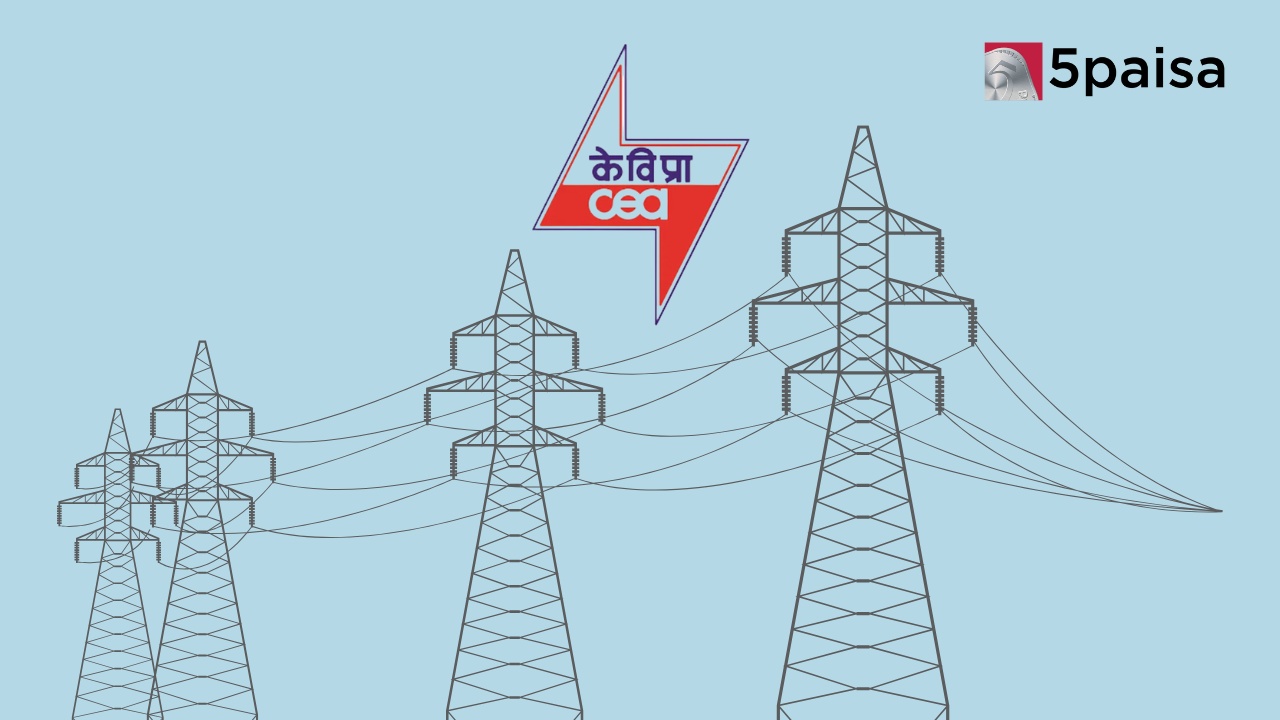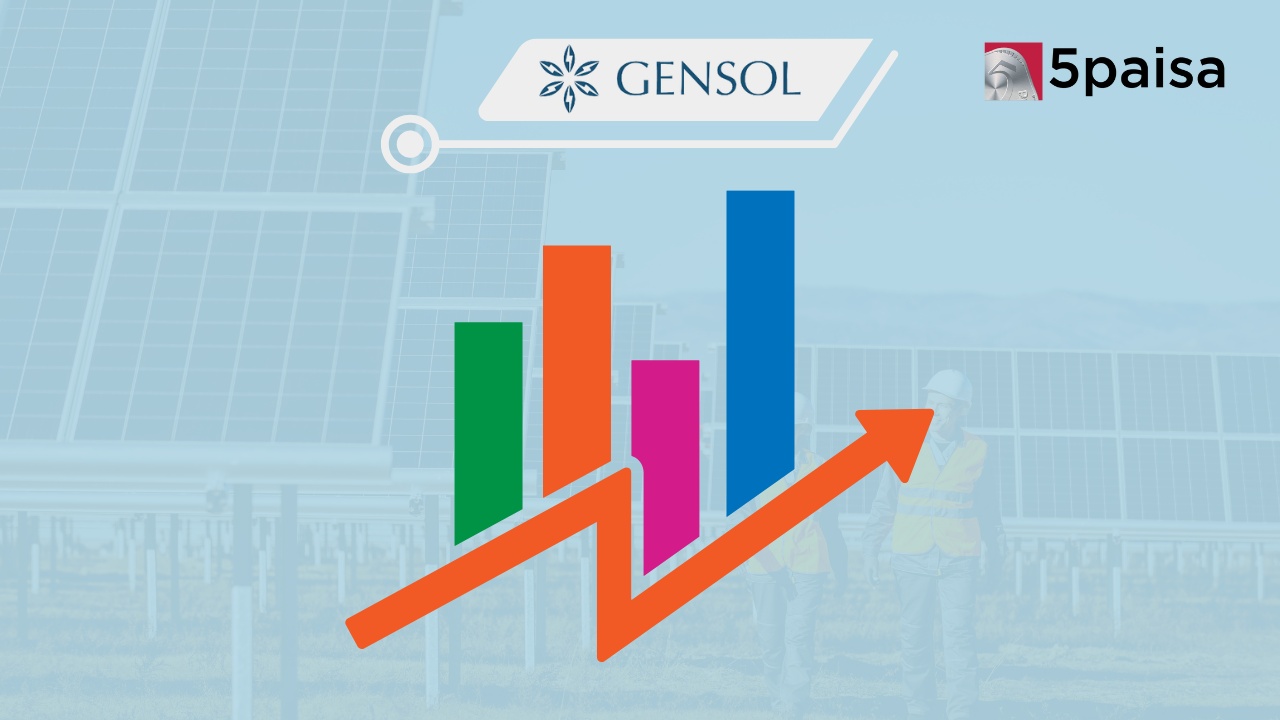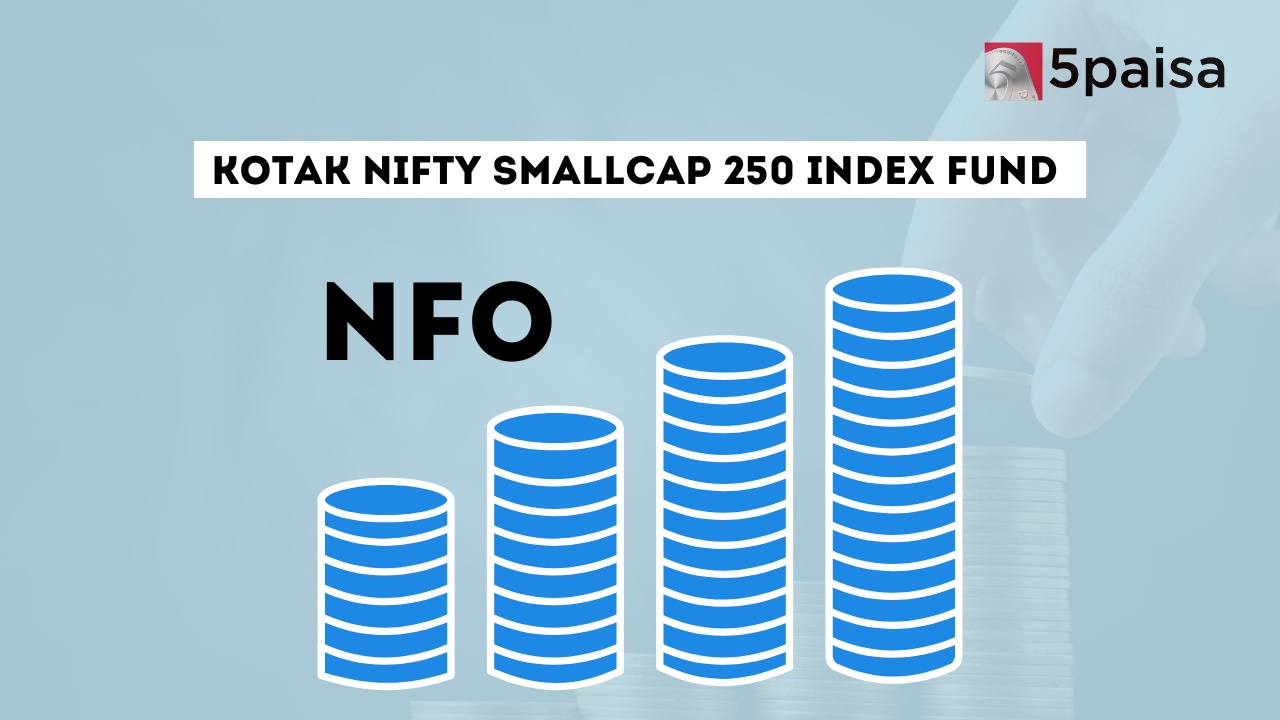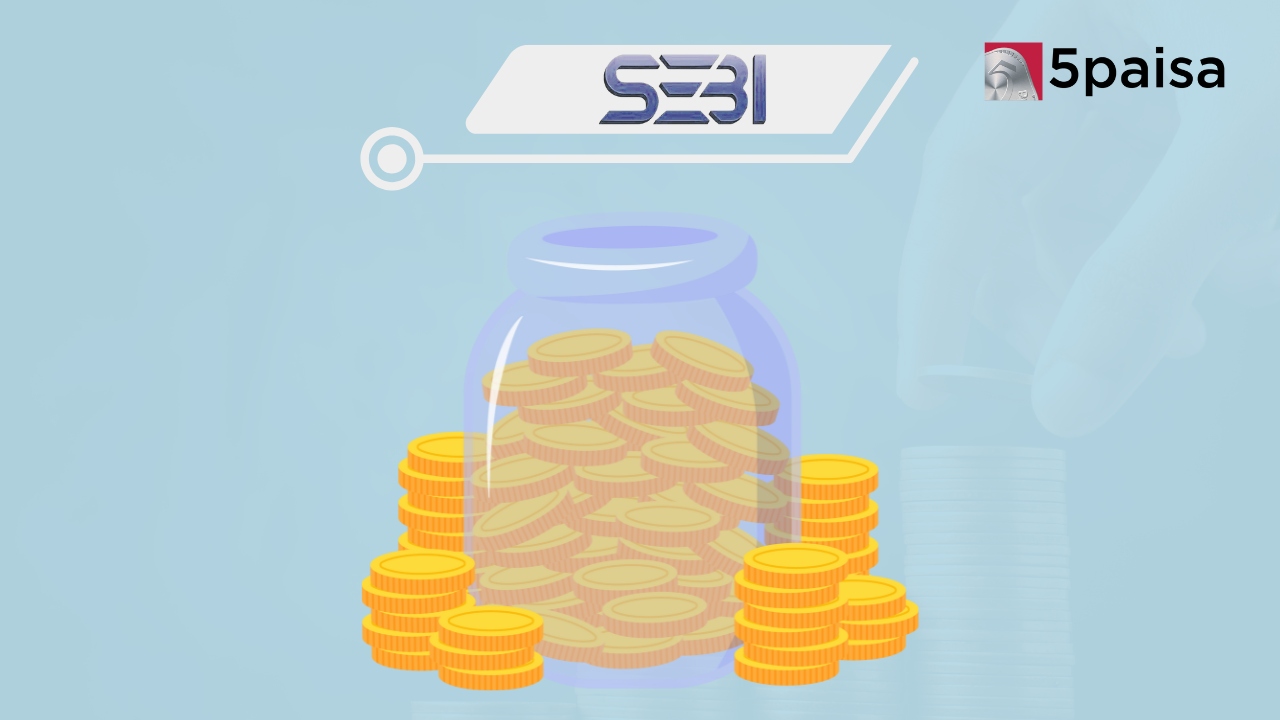RBI wants oil refiners to refrain from spot dollar buying

Last Updated: 10th December 2022 - 12:23 pm
The equation is quite simple. India imports nearly 85% of its daily crude oil needs because India has a robust oil refining industry but a rather timid oil extraction and production industry. On an average, India runs a trade deficit of $30 billion each month, of which nearly 50% comes from POL (petrol, oil and lubricants). The biggest importers in this category are the public sector oil refiners like IOCL, BPCL and HPCL. When they import crude, they need to pay for the same in foreign currency (generally US dollars). The dollars have to be bought by these oil companies and they resort to spot buying of dollars. That is the problem.
RBI feels that this aggressive spot buying is having negative repercussions. The dollar spot buying by the oil companies have to be matched with corresponding selling. That is done by the RBI. When the RBI sells dollars in the spot market, it actually depletes its forex reserves. That explains why the forex reserves with the RBI have been depleting so rapidly. From a level of $647 billion in the last quarter of 2022, the reserves are down by $110 billion to a level of $537 billion. That is a lot of currency chest depletion for a country that is a net importer, running a monthly merchandise trade deficit of $30 billion.
Now RBI wants to curb, or at least reduce the dependence, of the oil companies on the spot dollar buying market. This heavy demand from oil companies has been one of the major reasons for the sharp fall in the Indian rupee from 76/$ to 82/$ in a span of the last 5-6 months. To overcome this problem, the RBI wants to reduce the dollar buying that oil companies do in the spot market so that the pressure on the rupee can be reduced. It also reduces the RBI selling of spot dollars checking the sharp fall in the reserves. That way, the rupee can also be defended without the RBI depleting its forex chest.
Instead of buying spot dollars in the open market, the RBI now wants the oil refining companies like IOCL, BPCL and HPCL to rely more on the special credit line made available to the PSU oil refiners through the international branches of scheduled commercial banks. The RBI has already ensured $9 billion of funds made readily available at overseas branches of some Indian banks for the use of the state run refiners to tap. Such funds are available at market drive rates, so the pressure is not too high. It is this credit line that the government has been asking oil refining companies to tap so that pressure on rupee can be avoided.
As of now, this credit line of $9 billion is only available to the 3 state run oil refining and marketing companies viz. IOCL, BPCL and HPCL. These 3 players need to import the most as they control nearly 50% of the total refining capacity in India. Nearly 30% of all imports on the merchandise trade account are accounted for oil purchases. Currently, some of the banks that are already participating in extending this special line of credit to the oil refining companies include the State Bank of India, Canara Bank, Bank of Baroda, Axis Bank and Punjab National Bank. This would largely reduce the pressure on the Indian rupee.
Neither the banks, nor the oil companies, nor the RBI have confirmed this development. However, it is clear that the RBI now needs to look beyond the conventional. RBI continuing to sell dollars to the oil refiners and depleting the forex reserves is not making eminent sense. This is more so in the light of the dwindling forex reserves of the RBI, which has fallen by nearly $110 billion in the last one year. The news report did lead to a strengthening of the dollar, late on Friday, although it may be pretty hard to sustain for too long.
- Flat ₹20 Brokerage
- Next-gen Trading
- Advance Charting
- Actionable Ideas
Trending on 5paisa
01
 5paisa Research Team
5paisa Research Team
06
 5paisa Research Team
5paisa Research Team
Indian Market Related Articles
Disclaimer: Investment in securities market are subject to market risks, read all the related documents carefully before investing. For detailed disclaimer please Click here.




